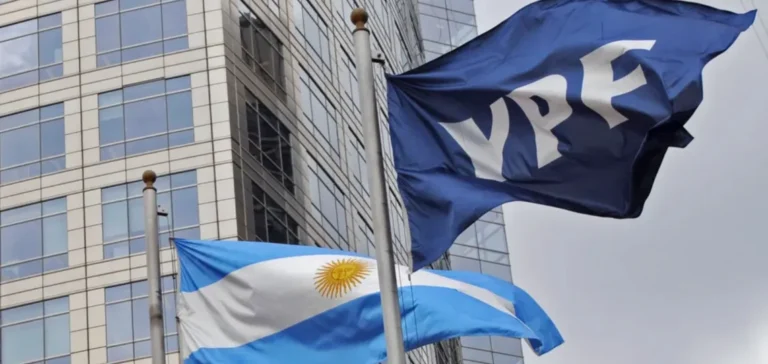The U.S. government has sided with Argentina in its ongoing legal dispute with two investors over the oil and gas company YPF. In a filing to the U.S. Court of Appeals for the Second Circuit on Thursday evening, the administration argued that the public interest favoured resolving the case on its merits, rather than under the pressure of an unsuspended turnover order. U.S. authorities stated that immediate enforcement of the order could harm U.S.-Argentina foreign relations.
Investors suggest alternative conditions
The conflict arose after a ruling in favour of investors Petersen Energia Inversora and Eton Park Capital Management, who are seeking the turnover of 51% of YPF to partially satisfy a 16.1 billion USD court judgment. In response, the investors urged the appeals court not to suspend the turnover order issued by U.S. District Judge Loretta Preska on June 30, arguing that Argentina’s economic and political concerns did not justify further delays.
However, the investors also suggested that if the appeals court decided not to reject the request for a stay, it could refer the case back to Judge Preska to allow Argentina to propose alternative collateral or conditions to avoid “irreversible outcomes” while awaiting the appeal. The investors’ lawyers indicated they were open to conditions that would allow the share transfer to be easily undone if Argentina were to prevail in the appeal.
Economic risks for Argentina
The Argentine government has claimed that handing over its stake in YPF would cause “irreparable harm” and destabilise the country’s economy, highlighting the serious consequences of such a decision. Argentina has until July 22 to respond to the investors’ filing.
Petersen and Eton Park are represented by litigation funder Burford Capital (BURF.L), which expects to receive between 35% and 73% of the damages awarded. The dispute stems from Argentina’s 2012 decision to seize YPF’s stake from Spain’s Repsol (REP.MC) without offering a buyout to minority shareholders. In September 2023, Judge Preska ordered Argentina to pay 16.1 billion USD in damages.






















